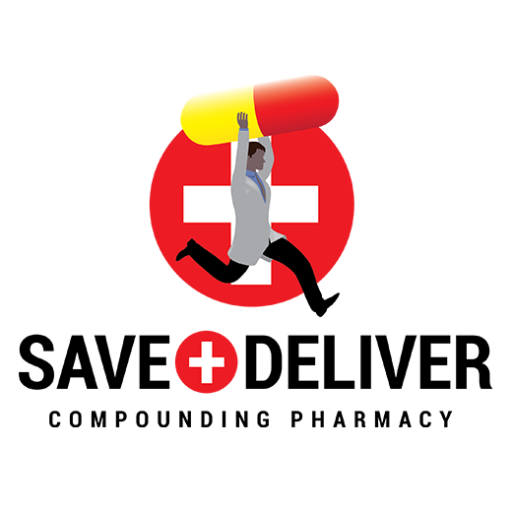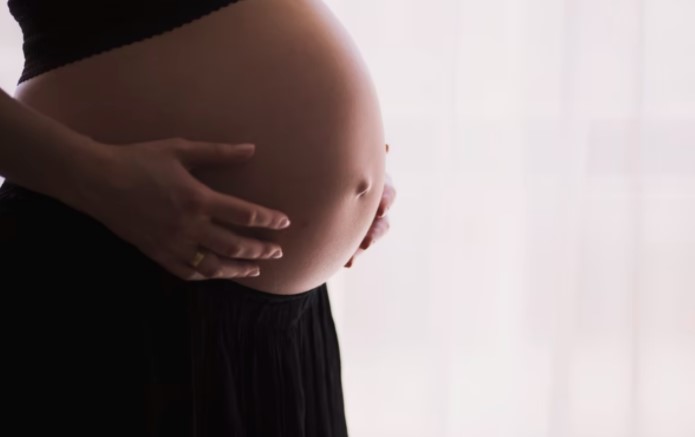Female Infertility- Causes and Symptoms
Female infertility refers to the inability of conceiving a child, even after trying to get pregnant, for a year through unprotected sex. Again, though, unsuccessful pregnancy can result from infertility in men, women or both partners.
Female infertility can be due to normal ageing. As a woman reaches 30, the ovulation process becomes slower and less effective, thus reducing fertility. After 44, pregnancy rates in most females are low, even with treatments and fertility medicines.
Causes of female infertility
A question that generally arises is what are the causes of infertility in females? Well, there are multiple reasons for female infertility. And it is difficult to identify the exact cause for it. Many couples suffer from unexplained infertility or multifactorial infertility. The possible causes of infertility in females are:
-
Problems related to ovulation
- Polycystic Ovary Syndrome or PCOS – PCOS is the primary cause of female infertility. It results in a hormonal imbalance in the body affecting the ovulation process.
- Hypothalamic dysfunction – The ovulation process is hampered due to the disruption in the secretion of two reproductive hormones by the hypothalamus or the pituitary gland, namely, follicle-stimulating hormone and luteinizing hormone, respectively,
- Premature ovarian failure – primary ovarian insufficiency is caused by the premature loss of eggs from the ovary due to genetics or chemotherapy. Here, the ovary can no longer produce eggs, and it lowers the level of estrogen production in women under 40.
- Hyperprolactinemia – A condition where an excess amount of prolactin hormone is produced by the pituitary gland. This reduces the production of Estrogen and results in infertility.
2. Problems related to fallopian tubes
The fallopian tubes can be blocked or damaged due to a pelvic inflammatory disease like Gonorrhea or previous surgery in the pelvic region. It blocks the sperm from getting to the egg or blocks the passage to the uterus.
3. Problems related to the uterus
There can be several uterine problems that can interfere with the egg’s implantation and increase the chances of miscarriage.
- Benign Polyps or tumours in the uterus
- Presence of fibroids in and around the womb; These non-cancerous growths prevent fertilized eggs from attaching to the womb and may block the fallopian tube.
- Problems related to the uterus since birth. For example, an unusually shaped uterus.
- Cervical stenosis where the cervix area narrows.
- The cervix cannot produce the best type of mucus which allows the sperms to float from the cervix to the uterus.
4. Endometriosis
It is the extra tissue growth in the uterus. In addition, the surgical removal may result in scarring and block the fallopian tubes, restricting egg and sperm to unite.
Few diseases that cause female infertility are Polycystic Ovary Syndrome, Pelvic inflammatory disease, hypothyroidism, endometriosis, uterine fibroids, gonorrhoea and Chlamydia.
Infertility may also result as a side effect of certain medicines, like non-steroidal anti-inflammatory drugs, chemotherapy, neuroleptic medicines and spironolactone. Also, certain illegal drugs like marijuana and cocaine can affect fertility in humans.
Symptoms
Female infertility symptoms may vary from person to person. However, the primary symptom is, facing difficulties in getting pregnant after several tries.
If your menstrual cycle is irregular, absent, or is either too long or too short, it indicates that you are facing a problem in Ovulation. Infrequent ovulation can be due to stress and hormonal abnormalities.
Infertility warning signs are:
- Abnormal periods with heavy or little bleeding.
- Irregular periods.
- No periods. Either you never had or have stopped suddenly.
- Periods included pelvic pain, back pain, and cramping.
- The excessive hair growth or hair loss.
- Obesity or underweight.
- Acne.
- Fatigue.
- Painful sex.
- White discharge from nipples.
Females below 35 years can consult doctors after trying to get pregnant for a year or have observed the signs of infertility in women.
Read – Tips to choose the right fertility clinic
Women over 35 years of age need to consult fertility clinics after 6 months of trying. Immediate treatment is recommended.
To prevent female infertility at an early stage, follow the tips
- Manage body weight – Obesity and being underweight increases the risk of ovulation disorders. Regular exercise is recommended. But remember to avoid strenuous and intense exercise for more than 5 hours a week.
- Quit smoking – Tobacco harms female fertility. It affects not only your health but also the health of the fetus.
- Avoid alcohol consumption- alcohol reduces the chance of fertility, also affecting the health of a developing fetus.
- Avoid stress – Excess body stress may result in infertility.
Changing your lifestyle and maintaining a healthy weight with regular good exercise can reduce the risk of infertility.



